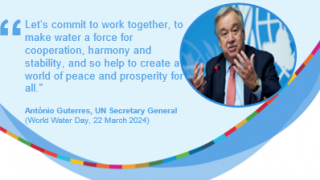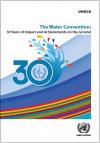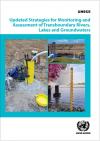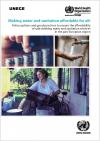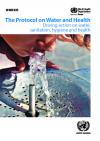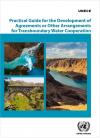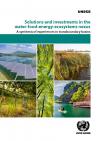The Water Convention and the Protocol on Water and Health
Introduction

The Convention on the Protection and Use of Transboundary Watercourses and International Lakes (Water Convention) is a unique international legal instrument and intergovernmental platform which aims to ensure the sustainable use of transboundary water resources by facilitating cooperation. Initially negotiated as a regional instrument, it has been opened up for accession to all UN Member States in 2016.
The Protocol on Water and Health, jointly serviced by UNECE and WHO-Europe, is a unique legally binding instrument aiming to protect human health by better water management and by reducing water-related diseases. The Protocol provides a practical framework to translate into practice the human rights to water and sanitation and to implement SDG 6.
 |
In focus
Upcoming Events
Geneva
Switzerland
Recent Events
Kinshasa Democratic Republic of the Congo

